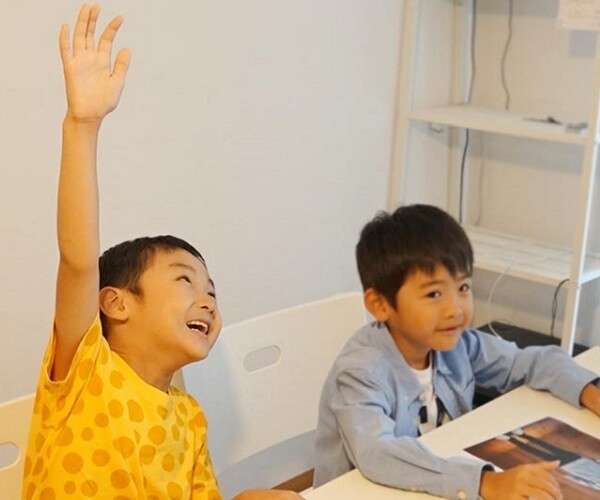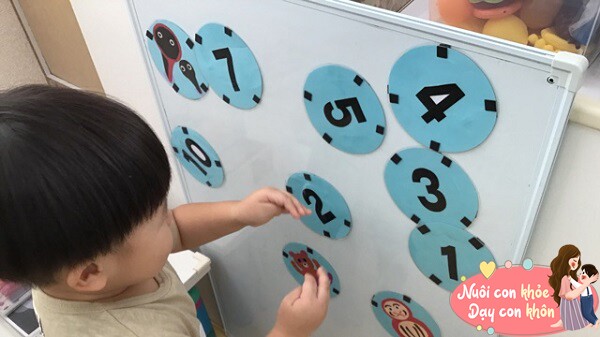Parents should focus on nurturing three essential skills in their children before they turn six. By the time they enter primary school, these skills will foster independence, self-care, and better learning capabilities.


Teaching Self-Care and Independence
One of the first challenges a child faces when starting primary school is learning to take care of themselves without the constant presence of their parents or caregivers. Therefore, it’s essential to instill a sense of independence early on.
Parents should encourage their children to choose and dress themselves. This simple act of decision-making involves considering colors, styles, and weather appropriateness, fostering their decision-making skills. Moreover, the act of dressing themselves improves fine motor skills, such as buttoning, zipping, and tying shoelaces.
Toilet training is another vital life skill children should master before starting school. It reduces their dependence on adults and boosts their confidence and awareness of personal hygiene.
Self-care practices like handwashing, brushing teeth, and maintaining personal hygiene are excellent habits to instill. Teaching children the value of self-care and health awareness from a young age is beneficial.

Teaching self-care and independence.

Enhancing Visual and Auditory Perception
Preparing for Visual Focus
Once children enter primary school, they’ll start reading and writing, which heavily relies on visual tracking, visual discrimination, and eye-hand coordination skills.
If these skills are underdeveloped, children may struggle to complete their homework, leading to careless mistakes, missing lines or words, and difficulties distinguishing between addition and subtraction signs or other symbols. As a result, they may take longer to finish their homework.
When children struggle to differentiate symbols and numbers, they may make errors in math problems, making learning more stressful and challenging.
Therefore, parents should engage their children in daily visual perception exercises. This can be done through fun and creative activities like jigsaw puzzles, picture searches, or drawing exercises.
Additionally, simple tasks like shape and color recognition or counting objects can help reinforce their visual perception skills. Practicing these exercises daily will create a habit and improve their focus and concentration.

Enhancing visual and auditory perception.
Preparing for Auditory Focus
Auditory perception plays a significant role in a child’s learning journey. If a solid foundation for auditory focus is not established, children may struggle with concentration in class, remembering lessons, and keeping up with the teacher’s pace, directly impacting their academic performance.
To nurture this skill, parents can engage their children in auditory perception games, such as asking them to count the number of times a specific word is mentioned in a conversation. For instance, ask them to listen for and count the number of times the word “watermelon” is said.
Parents can also play sound-reaction games with their children, instructing them to react to specific sounds by raising their left or right hand or touching their ear. These activities will enhance their auditory processing and improve their overall classroom performance.

Sensory Integration Training
To lay the foundation for academic success, it’s crucial to engage children in physical activities such as biking, two-foot jumping, one-foot jumping, and skipping rope.
These activities promote muscle strength development and refine their gross and fine motor skills. When children master these movements, they can easily maintain a proper sitting posture in class without slouching or hunching, which is essential for spinal health and posture.
Additionally, activities like forward rolls, side rolls, sliding, swinging, and bed bouncing help develop their vestibular system, which is responsible for maintaining balance and adjusting body posture.

Sensory integration training.
A healthy vestibular system contributes to a child’s energy levels in class, their ability to sit still, and their overall brain function, facilitating better knowledge absorption.
Physical development and motor skills are not just the foundation for learning but also contribute to a child’s mental well-being. When children feel healthy and confident in their abilities, they are more likely to embrace academic challenges.






































